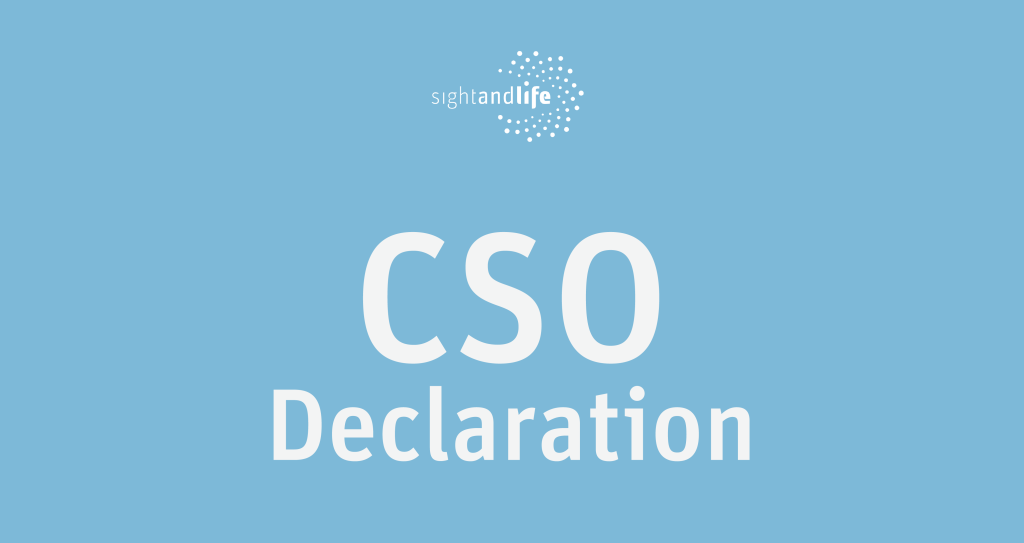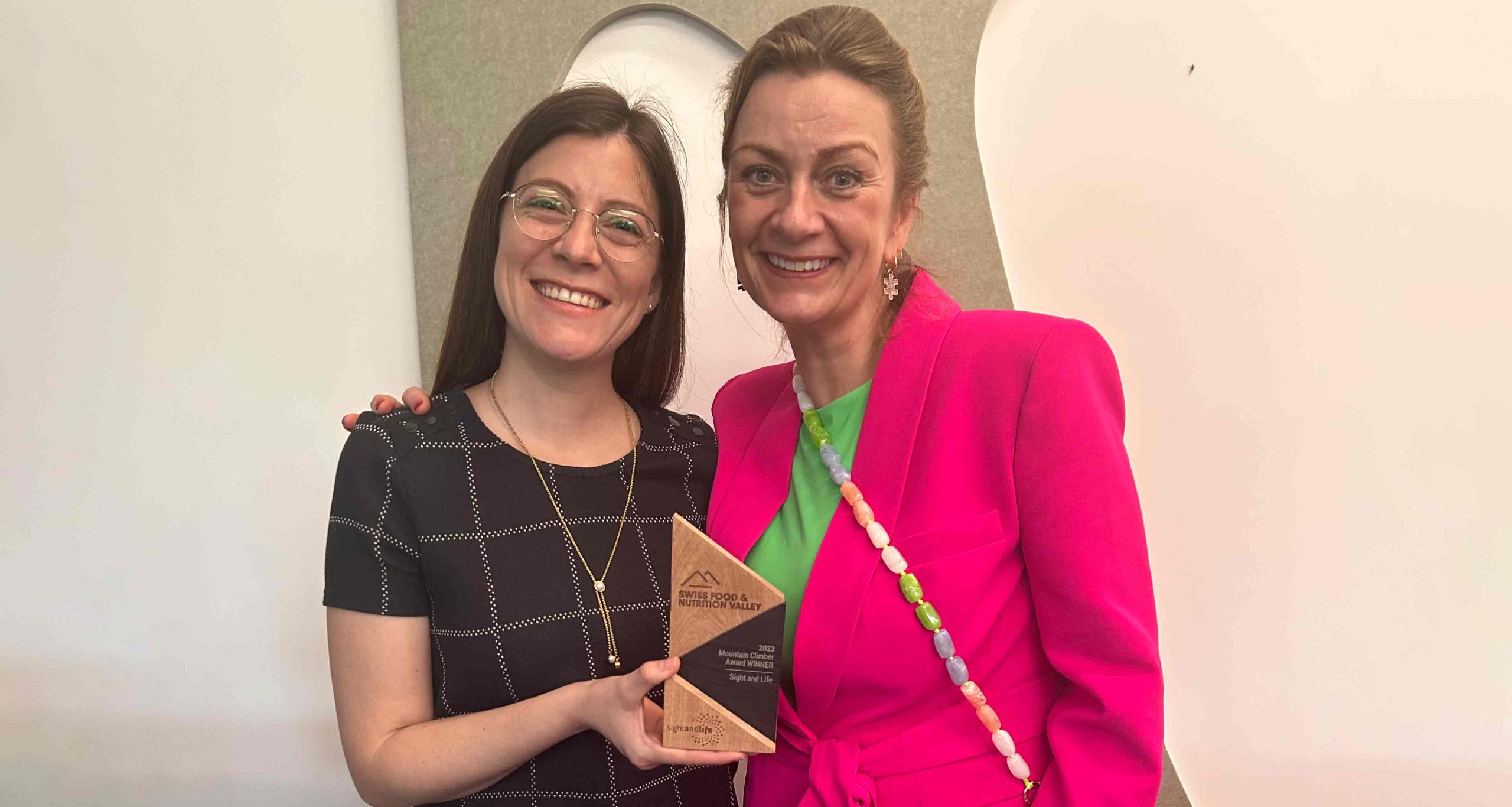A Call to Action for World Leaders: the Global Nutrition Crisis Demands Immediate Action

14 April 2025
Introduction
Around the world, democracy and solidarity are under attack, weakening the global cooperation needed to address crises like malnutrition. Political polarization, authoritarianism, and nationalistic agendas are hindering collaborative efforts to tackle global challenges. Hunger and malnutrition are on the rise, and the world is far off track to meet the Global Nutrition Targets and SDG 2 by 2030.
Against this dramatic backdrop, civil society urgently welcomes the N4G summit as a critical opportunity to drive global action on nutrition and hopes it will also spark a renewed commitment to international solidarity, democratic participation, and shared responsibility.
The stakes are high. Millions of lives are at risk as funding for nutrition programs is slashed. Aid cuts—estimated at 44%—threaten decades of progress, with funding for severe acute malnutrition dropping by USD 290 million. According to the Standing Together for Nutrition Consortium in an analysis released in Nature, this leaves 2.3 million children at risk of losing life-saving treatment, and without it, up to 60% may die. The consortium estimates that these cuts will result in 369,000 more child deaths annually. They also impact vital health, agriculture, school feeding, and WASH programs. Failing to act now would be a political and economic choice with devastating human consequences.
Beyond the human toll, according to the World Bank Investment Framework for Nutrition, the cost of inaction is staggering—$41 trillion over 10 years. By contrast, investing in nutrition could generate $2.4 trillion in benefits, with a $23 return for every dollar spent.
In the margins of the N4G Summit, civil society organisations from across the world gathered for two days in the Civil Society Pavilion to confront these pressing challenges and shape a path forward. From these discussions, civil society unites behind a set of key recommendations, with over a hundred of organisations supporting this declaration. They represent thousands of nutrition specialists, activists, youth, field workers, and professionals committed to the implementation of nutrition interventions.
Key recommendations
1.Put people first: gender equality, human rights, and local leadership
- Uphold universal access to nutrition: All actors must ensure that everyone has an effective right to nutrition without discrimination, especially women and girls. In accordance with humanitarian law and principles, hunger must not be used as a weapon of war.
- Recognize the critical importance of the first 1,000 days: Nutrition in the window from pregnancy to a child’s second birthday is foundational for lifelong health, development, and resilience. Governments and donors must prioritize interventions that protect and nourish mothers and young children during this vital period.
- Ensure meaningful participation of affected communities: Women, children, youth, smallholder farmers, and Indigenous peoples must have a direct and influential role in shaping nutrition policies and programs that impact them.
- Fund and empower local leadership: Donors and governments must prioritize direct support to local organizations and communities that are best placed to deliver effective, sustainable nutrition solutions. Investing in local capacity is essential to lasting impact.
- Ensure civic space and participation: facing a global trend towards shrinking civic space, Civil society must be given the resources and freedom to hold governments and institutions accountable, ensuring that nutrition policies prioritize people over politics.
2. Ensure sustained accountability and transparency for nutrition commitments
- Make accountability non-negotiable: Without strong accountability, global nutrition summits risk becoming political spectacles—full of pledges but empty on delivery. All nutrition commitments must include clear accountability mechanisms and the funding required to track and implement them.
- Strengthen national data systems: Robust, independent, and well-funded data systems are essential to track both financial commitments and nutrition outcomes. Governments and donors must ensure data is transparent, accessible, and publicly available to assess progress and guide action.
- Support the Nutrition Accountability Framework (NAF): Governments and donors must fund and actively engage with the NAF, a key tool for tracking nutrition commitments and ensuring transparency and progress.
- Call for a global stocktake: With uncertainty surrounding the next Nutrition for Growth Summit, a global stocktaking moment is essential to maintain momentum, assess progress, and reinforce accountability. We call on a government to step forward to host the next N4G and ensure nutrition remains high on the global agenda.
3.Secure sustainable, flexible, and increased financing for nutrition
- Protect long-term financing from political volatility: In the face of financial instability, preventing and treating malnutrition must remain a global priority. Governments, donors, and multilaterals must commit to increased, sustained, and resilient investments that are shielded from political shifts.
- Align resources with national priorities: Nutrition financing must be country-led, data-driven, and responsive to local realities and national strategies. Funding should empower local systems and actors to deliver context-appropriate solutions.
- Diversify and innovate financing sources: Governments must mobilize domestic resources and leverage innovative mechanisms such as repurposed agriculture subsidies, social and development impact bonds, match funds, taxation, debt relief or swaps. The private sector, philanthropies, and multilaterals must also step up with strategic investments aligned with government-led nutrition plans.
- Fund evidence generation and application: Investment is needed not only in nutrition programming, but also in the generation, sharing, and use of high-quality evidence to inform policies and scale what works.
- Support civil society to ensure equitable impact: Civil society plays a vital role in ensuring that financing reaches those who need it most. When adequately resourced, CSOs act as trusted intermediaries—amplifying community voices, promoting accountability, and helping connect grassroots solutions with innovative financing to ensure equitable and effective investments.
4. Make nutrition a central pillar of global development and crisis response
- Recognise and maintain nutrition as the foundation for global development: Prioritize and scale-up nutrition holistic, multisectoral and people-centred approaches in humanitarian and development settings, especially health, education, agriculture, climate and social protection systems. Multi-sectoral integration of evidence-based nutrition-sensitive policies will accelerate achievement of the SDGs, especially to meet SDG commitments, which end in 5 years' time
- Prioritize nutrition in emergencies and fragile contexts: Urgent action is needed to restore and scale up essential programmes, especially SAM treatment and resilience-building efforts, prevention, and integration of multi-sectoral approaches in fragile contexts. Nutrition must be central in crisis responses, particularly in conflict settings where children are six times more likely to suffer from malnutrition.
- Strengthen local systems for long-term resilience: Invest in local food systems, climate-resilient nutrition strategies, and social protection to prevent malnutrition and protect communities from future shocks.
5.Hold the Private Sector Accountable for Nutrition Solutions
- Promote healthy, affordable diets and essential nutrition products: The private sector must align with government priorities to increase the availability of nutritious, affordable foods and essential products such as micronutrient supplements and ready-to-use therapeutic foods.
- Ensure accountability through regulation and oversight: Governments, donors, and civil society must enforce strong regulatory frameworks that prioritise public health, while the private sector must take responsibility for complying with them. This includes curbing the marketing and availability of ultra-processed foods and sugary drinks, which drive the overweight and obesity rates at an increasing pace.
- Support sustainable, rights-based food systems: The private sector must actively contribute to building food systems that support good nutrition, are sustainable, equitable, and aligned with human rights and environmental standards.
- Respect the BMS Code: The private sector must fully comply with the International Code of Marketing of Breast-Milk Substitutes and related World Health Assembly resolutions, avoiding harmful marketing that undermines breastfeeding and public health.
Conclusion: Act Now, or Risk Failing an Entire Generation
World leaders have a choice: step up and deliver on nutrition, or allow a preventable crisis to deepen—one that will cost lives, damage economies, and reverberate for generations. This is no longer just a moral imperative. Every day of inaction leads to stunted lives and stalled development. The economic cost of failing to act is staggering—an estimated $41 trillion over the next decade—while the returns on investment in nutrition are proven and powerful.
There are critical opportunities ahead: the extension of the UN Decade of Action on Nutrition, the G7, the renewal of World Health Assembly targets, and more. But these must be more than symbolic moments. They must deliver concrete progress.
Civil society organizations will not stay silent. We will continue to demand ambitious commitments, push for accountability, and advocate for meaningful change. But governments, donors, international institutions, and the private sector must also rise to the occasion.
We commit to doing our part: to work collaboratively, not in silos; to break with business as usual; and to align our efforts for maximum impact. When given the space, resources, and respect, civil society can be one of governments’ strongest allies—connecting high-level commitments to real change in communities on the ground.
The time to act is now. The cost of failure is one we simply cannot afford.




